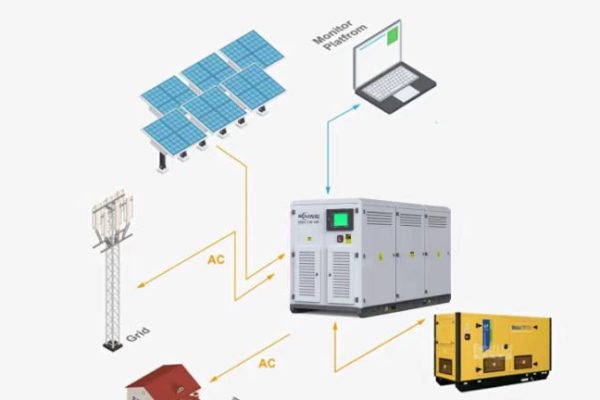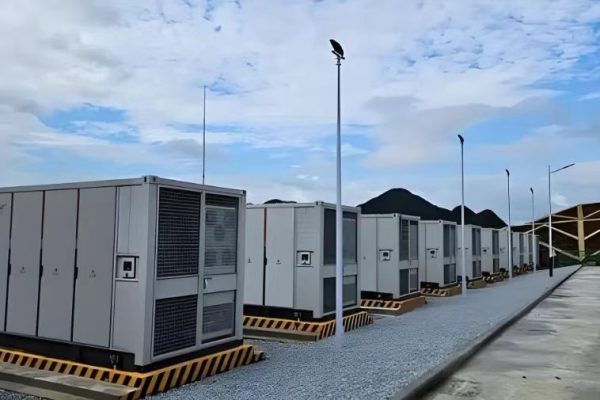Why the GCC Market Matters
The Gulf Cooperation Council (GCC)—comprising Saudi Arabia, the UAE, Qatar, Kuwait, Bahrain, and Oman—represents one of the fastest-growing regions for energy storage exports. Driven by renewable energy adoption, grid modernization, and off-grid applications, the GCC market offers substantial opportunities for exporters. However, success depends on meeting regulatory, technical, and cultural requirements that are unique to the Middle East.
This article explores the key GCC requirements for energy storage exports, providing guidance on certifications, technical standards, and market expectations.
1. Regulatory Certifications and Standards
SASO (Saudi Arabia)
- Overseen by the Saudi Standards, Metrology and Quality Organization.
- Requires SASO Certificate of Conformity (CoC) for imports.
- Compliance with SASO Energy Efficiency and Safety Standards is mandatory.
ESMA (UAE)
- Managed by the Emirates Authority for Standardization and Metrology.
- Requires ECAS (Emirates Conformity Assessment Scheme) approval.
- Safety testing in line with IEC standards.
G-Mark Certification
- Required for many electrical and electronic products across GCC states.
- Indicates conformity with Gulf Technical Regulations.
Exporter Tip: CE or UL certification alone is not enough—GCC requires local certification through SASO, ESMA, or other authorities.
2. Safety and Performance Testing
- IEC Standards Alignment: GCC countries adopt IEC-based safety and performance tests, especially for batteries and inverters.
- Thermal Management Requirements: Hot climate conditions demand stronger safety testing for overheating and fire protection.
- Energy Efficiency Labels: Some countries, such as Saudi Arabia, require energy efficiency labeling for certain devices.
Exporter Tip: Highlight high-temperature performance (up to 50°C) and safety compliance in your product documentation.
3. Import and Documentation Requirements
- Certificate of Origin: Often required for tariff exemptions under free trade agreements.
- Commercial Invoice and Packing List: Must align with GCC customs formats.
- Product Manuals in Arabic and English: Some authorities require dual-language documentation.
- Test Reports from Accredited Labs: Local authorities may request third-party verification.
Exporter Tip: Work with local agents or distributors familiar with customs clearance to avoid delays.
4. Market-Specific Buyer Expectations
- Durability in Harsh Environments: Buyers prefer systems with dust-proofing, humidity resistance, and long lifespan under extreme heat.
- Warranty and Service Support: GCC clients expect strong after-sales service and quick spare parts availability.
- Scalability for Utility and Commercial Projects: Microgrid and utility-scale storage projects are growing in demand.
Exporter Tip: Emphasize long cycle life and low maintenance in marketing materials, as these are critical for buyers in the region.
5. Cultural and Business Considerations
- Relationship-Driven Business: Trust and personal connections are crucial for closing deals.
- Local Representation: Having a distributor or partner within the GCC strengthens credibility.
- Government Projects: Many storage opportunities are linked to national renewable energy initiatives, requiring compliance with tender specifications.
Building Competitiveness in the GCC Market
The GCC is a lucrative market for energy storage exporters, but it requires more than global certifications like CE or UL. Exporters must adapt to local certification schemes (SASO, ESMA, G-Mark), ensure products withstand harsh climates, and provide reliable after-sales service.
By aligning with regulatory, technical, and cultural requirements, exporters can strengthen their foothold in the Middle East and capitalize on one of the most dynamic markets for renewable energy and storage.








